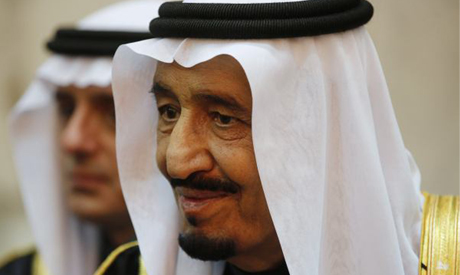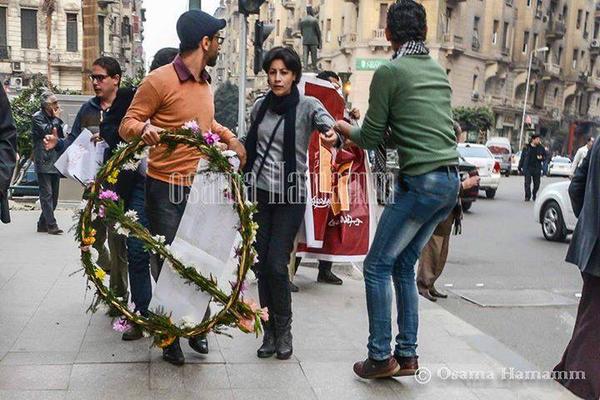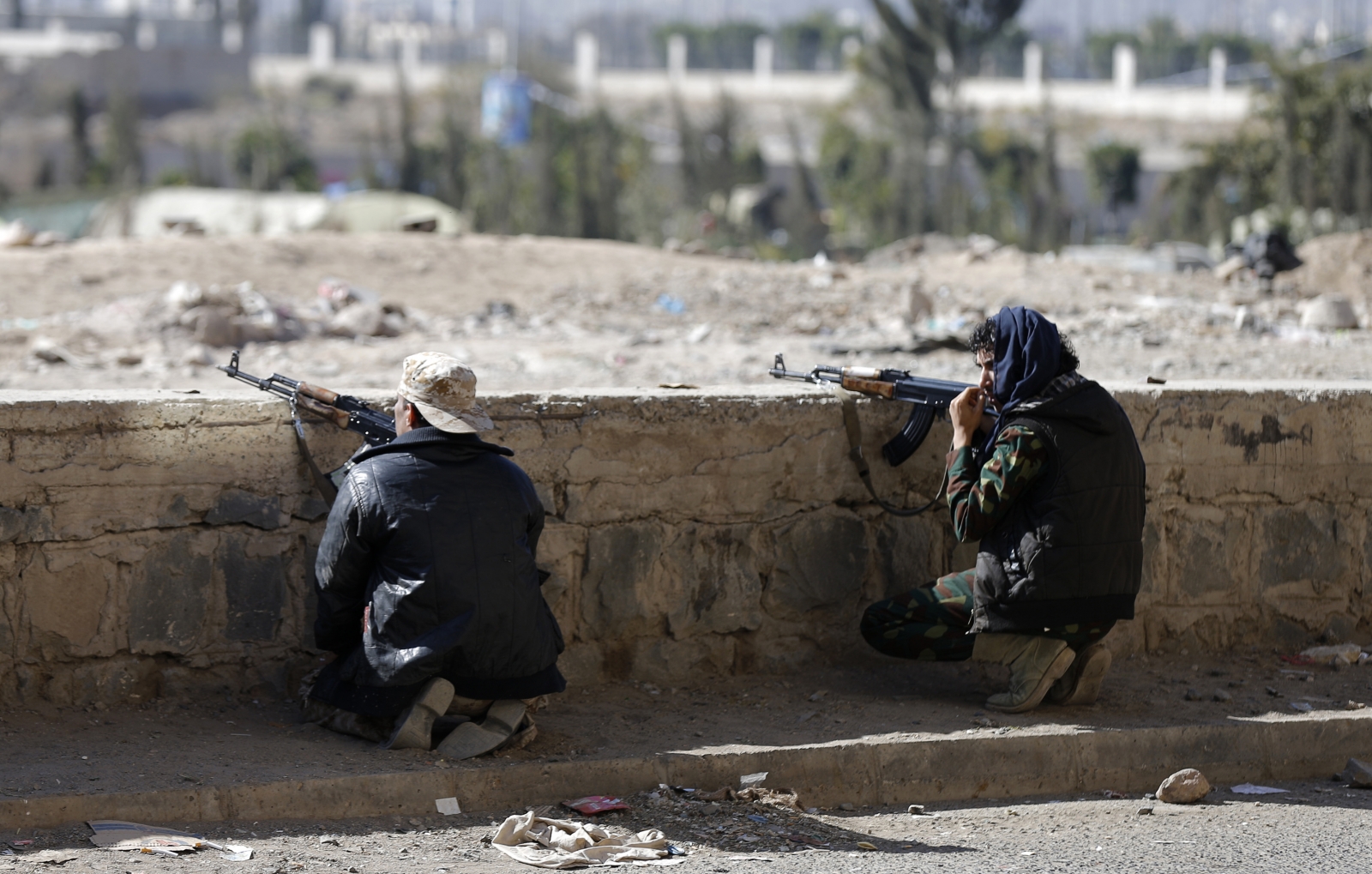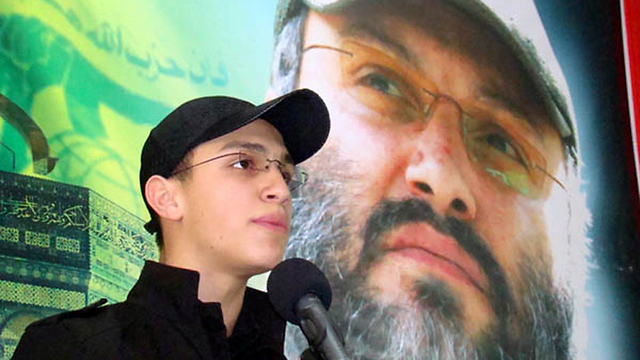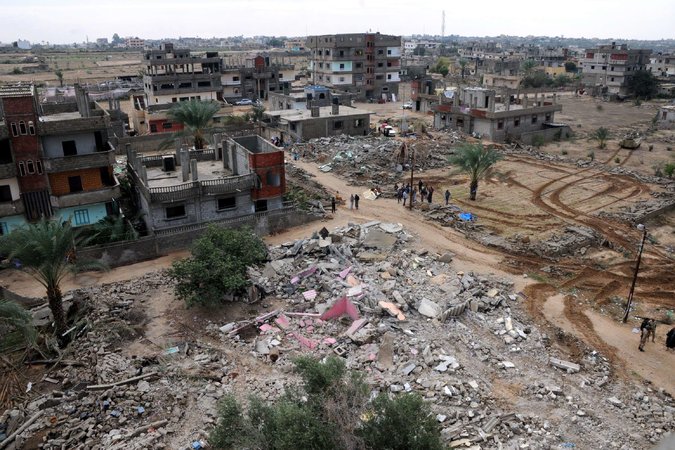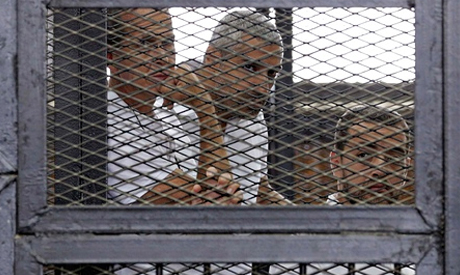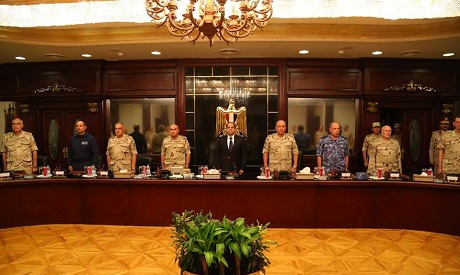
The Egyptian president Abdel Fatah el-Sisi held talks on Saturday with SCAF, the Supreme Command of the Egyptian army regarding the recent attacks in the Sinai. It was decided to form a special army unit to combart terrorism, under the copmmand of Chief of Staf Osama Rushdi, who was promoted to the rank of lieutenant-general. On the photo (from SCAF's Facebookpage) those prsent hold a moment of silence for the 31 victims of the attacks.The attacks were the work of the Islamists of what was formerly called Bayt al-Maqdis, but El-Sisi blamed them on the Muslim Brotherhood.
A Cairo court on Saturday declared Hamas’ military wing, Al-Qassam Brigades, a terrorist organisation.
The case was brought against the group by a private plaintiff who accused the organisation of involvement in and financing of terrorist attacks inside Egypt, and of attacking army and police personnel to destabilise the country.
The court in its verdict said that papers provided by the plaintiff proved that the group were implicated in bombings in Egypt, and that the brigade's recent planning and financing of terrorist attacks show that Al-Qassam brigades and Hamas have swayed from their original cause of fighting the Israeli occupation. The court added that the group's aim is now to target Egypt's security.
The verdict by the Cairo Court of Urgent Matters stipulates that members of the group in Egypt will be labelled a "terrorist element".

.jpg)
.jpg)


